Now more than ever, it is crucial that we promote unity as much as possible in order to resolve conflicts and heal old wounds. How can we work with different religious backgrounds to come together as one?
By Harsha Sankaran and Hulan Edward, TWR Fellows ‘20
This week’s #BigAsk centers on Allyship: the buzzword of a summer which kick-started our current sustained reckonings on race; the discussions centered around the importance of non-performative, true allyship. We specifically wanted to discuss allyship, through the lens of interfaith relations. But before we really dove in, we started with the basics. Merriam-Webster defines allyship as:
The state or condition of being an ally.
That didn’t help much, did it? We thought so too. Here’s the definition of an ally:
Supportive association with another person or group: such association with the members of a marginalized or mistreated group to which one does not belong: one that is associated with another as a helper: a person or group that provides assistance and support in an ongoing effort, activity, or struggle.
All that to say, allyship means supporting others - marginalized/mistreated groups outside our own communities - through an ongoing effort, activity, or struggle.
There are 3 words that stood out to us from this definition:
Support: This means that we must lift others up, empower them, instead of being a “savior”.
Outside: Allyship inherently means going outside your own communities; in order to be an ally, we must unite across lines of difference - this is the core of the term.
Ongoing: Being an ally isn’t a poof-fairy-godparent moment. It’s continuous, it’s every day, and it’s deep.
Now that we’ve picked the question apart, we had to start with ourselves. Why do we care about this question, and why does it matter to us that we approached this question from the view of faith? Here’s what we came up with:
“The first time I witnessed the duality of the role that religion can play in identity-based violence was seeing my queer friends being accepted in the small and tight-knit local church community, while simultaneously being invalidated by the leaders of the church on a larger scale. Observing the twofold nature of religion forced me into a state of dissonance regarding my views of religion and its importance with identity-based topics - especially when it came to groups that were often persecuted based on religion.”
“I realized only recently that my homeland is the result of a former colony being broken up. I remember distinctly seeing images of trains that had arrived in the pieces of that homeland after the partition, full of bodies. That image stayed with me and marks both the ugliness and resilient recovery that can occur in communities of faith, and humanity as a whole. They remind me of the power of interfaith relations in protecting a community, and what can happen when such foundations are lacking.”
From these experiences we learned a couple things:
Once we see the commonality across lines of difference, it’s almost impossible to unsee. We ask you to take just one look. Expand your circle, have a conversation, explore jokes/memes, be open, dive in (yes it’s deep, but it isn’t scary)! Allyship, in order to be effective, has to come from an authentic place of wanting to learn about and understand the ways of living that our fellow humans have.
With that being said, here’s our 3 step framework that we have found on our journeys to sparking more peaceful & diverse circles. The key here is to grow the good, acknowledge the bad, and redirect it to fill that space with something more positive. It’s important to not gloss over things, and to understand the truth.
Truth is the most powerful & unshakeable foundation, and that is what we want our communities to be - unshakeable.
1. Acknowledge
Acknowledge: that extremism exists in all religions and is responsible for many different types of violence.
Understand & Research: the past to understand the present.
Ask: Elders - they’ve been around for a while!
In order to move forward, the first step is often to acknowledge and understand the harm that religion has been responsible for in the past and in the present. Doing research to understand the history or talking to elders within the religion helps a person understand the dangers that their religion can be responsible for. Finding out about the past helps a person acknowledge that extremism exists in all religions, and is directly and indirectly responsible for a wide variety of identity-based violence and discrimination. This in turn helps individuals better thrive in an interfaith world, as they understand that no religions are without flaws.
2. Reflect
On history at large, and your family’s experiences.
On the role of faith in your life/community (it’s okay for the role to be absent! Faith is a spectrum!)
In order to turn acknowledgment into a power for good, one must reflect on the information that they learned and decide what steps to take in order to make concrete progress. After talking with elders and researching a religion’s past, it is important to reflect on those findings. During this reflection, one should think of the role that faith plays in their life and in their community - the good and the bad - in order to best understand how to move in a positive direction. It is important to note that faith is a spectrum and there is no right or wrong role for faith to play in a person's life. As a person reflects on their faith, after acknowledging the good and the bad, they become capable of using their faith to help better humanity as a whole.
3. Redirect
Focus on the beauty in diversity & the shared values of humanity.
Faith has space for growth & difference.
Find/Reconnect with a supportive community.
In our deep study of various religions over the years, we have found that every - and we mean every - faith’s values operate in harmony. Period.
Not one world religion has values for its communities that revolve around being miserable, violent, and in meager conditions. The amount of shared stories, traditions, and histories is incredible, and the diversity in expression of those values is so unique and beautiful. But diversity isn’t something “exotic and foreign”; it starts at home. The expression of faiths and schools of thought are so diverse in the way that they are practiced; the stories, traditions, prayers, food, there are so many variations!
Faith has space for growth & difference.
No community’s members all think the exact same things. It can be easier to rely on stereotypes and popular media to learn about a community, but chances are, that isn’t accurate or fair to the community. We challenge you to exercise allyship, and just take one look at what the community truly is. Listen to the people, follow those from the community on social media, dance to the music, make the food. This is the ongoing aspect, the deep dive that we need to understand one another! Examine your own community! Maybe you’ll find some things there that you’ve never seen before.
Communities and faith can be amazing, but it can also be very easy to feel pushed out.
As in any diverse setting, some people match our vibe, while others may not. That’s totally okay! Finding community isn’t always easy or quick, and it can take time to build or reconnect to a support system. When redirecting the “bad”, know that it’s very likely that there’s a nook of your community built just for you! Whether you are trying to build a strong interfaith foundation, or broaden your own view, start with one conversation. Uniting across differences is difficult, and can even be dangerous. Regardless of the circumstance, each of us is doing our best to be open, and replacing fear with curiosity, and faith (in yourself, in God, whatever floats your boat).
In summary, interfaith coexistence is practical and vital for a strong community. The best part? You don’t have to be faithful to do this harmony building. Faith is a spectrum, and regardless of where you fall on it, your voice is vital to building a better world, one conversation at a time.
We hope that this framework helps you on your journey to creating community and learning about your fellow humans. If you do have that conversation or engage in peace-building, don’t keep it a secret! Share your findings using the #BigAsk and we’ll stay on the lookout for your adventures! Here are some things that we’ve found on our own journeys to connect with the communities of the world!
Accounts to Follow on Social Media:
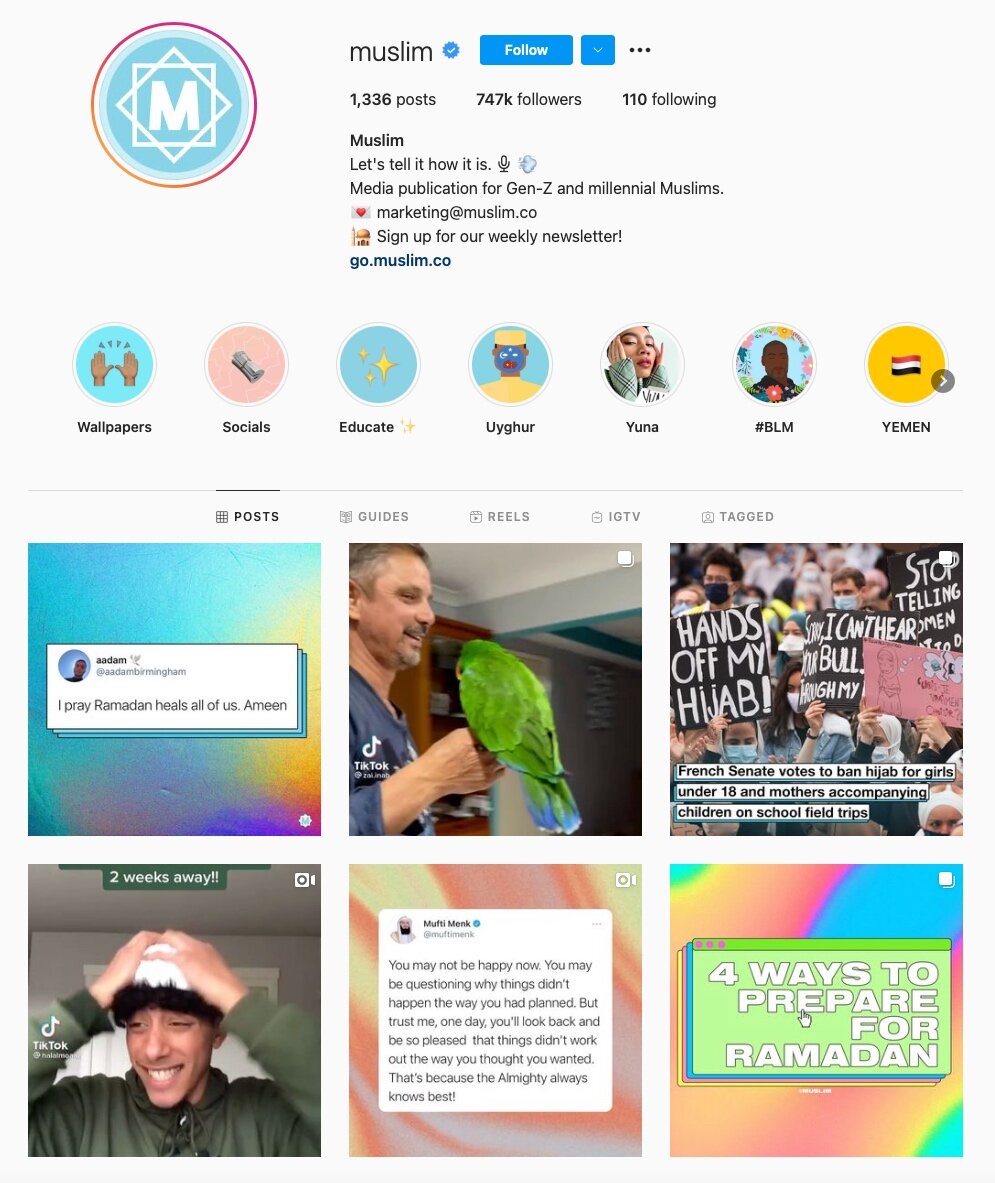
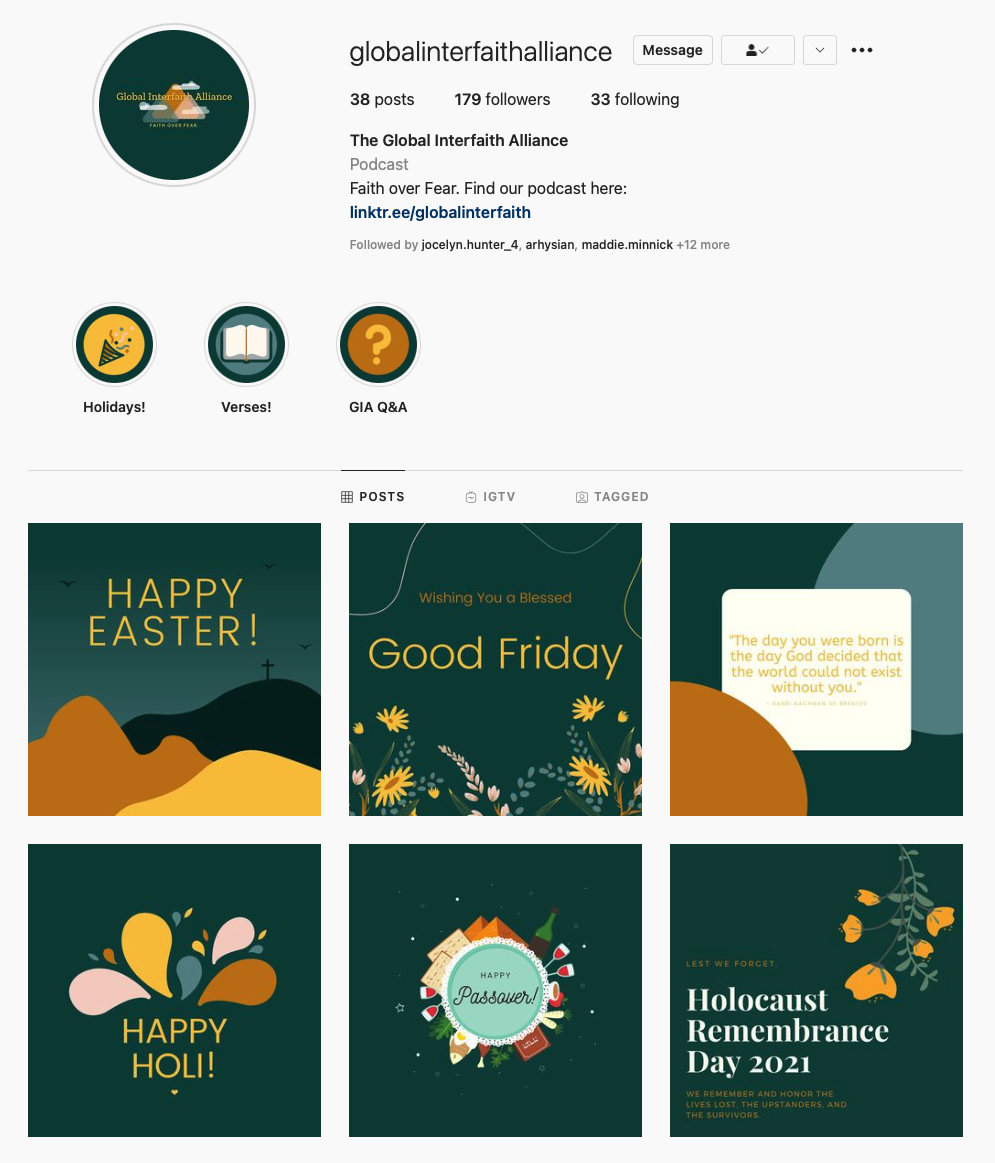
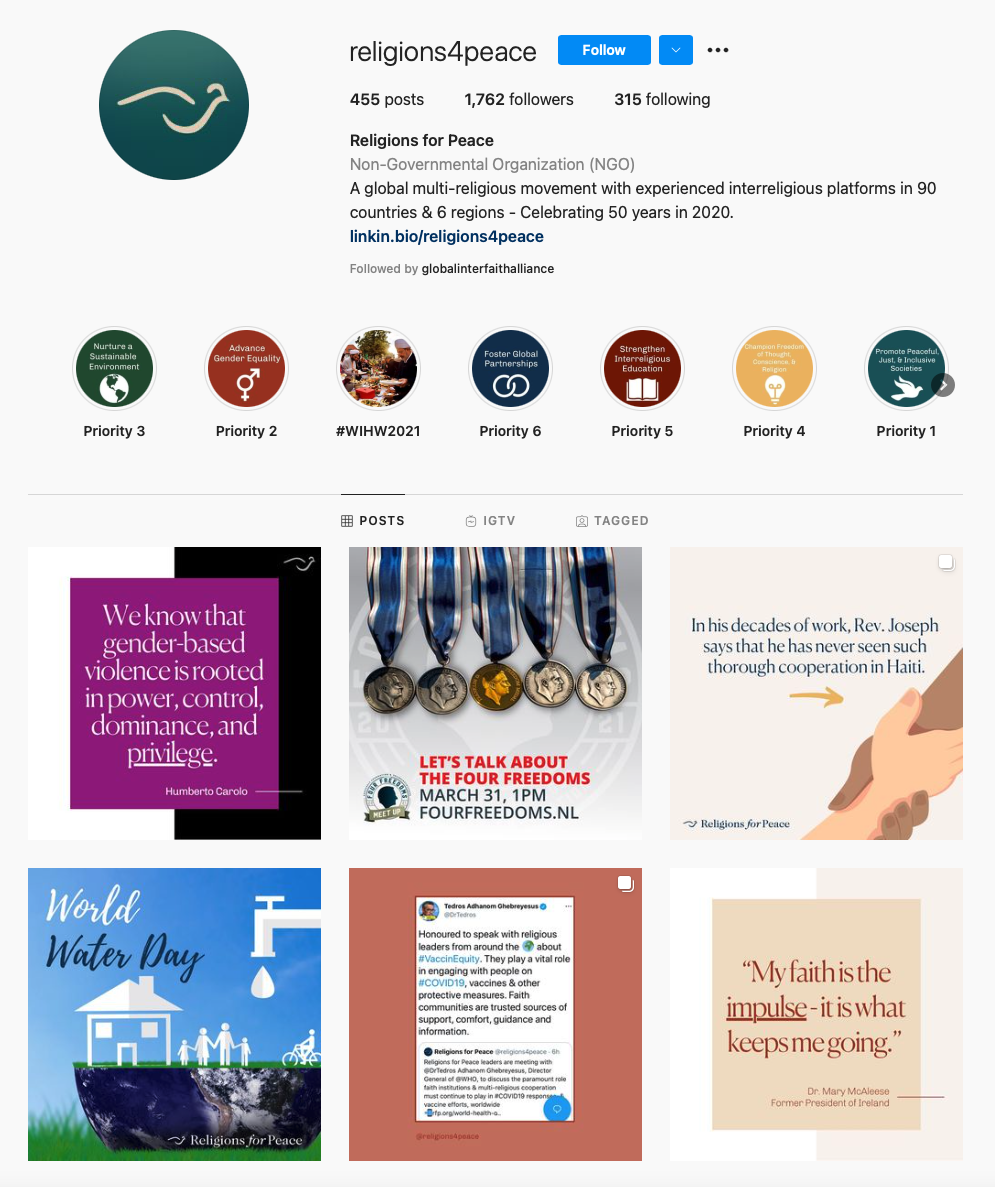
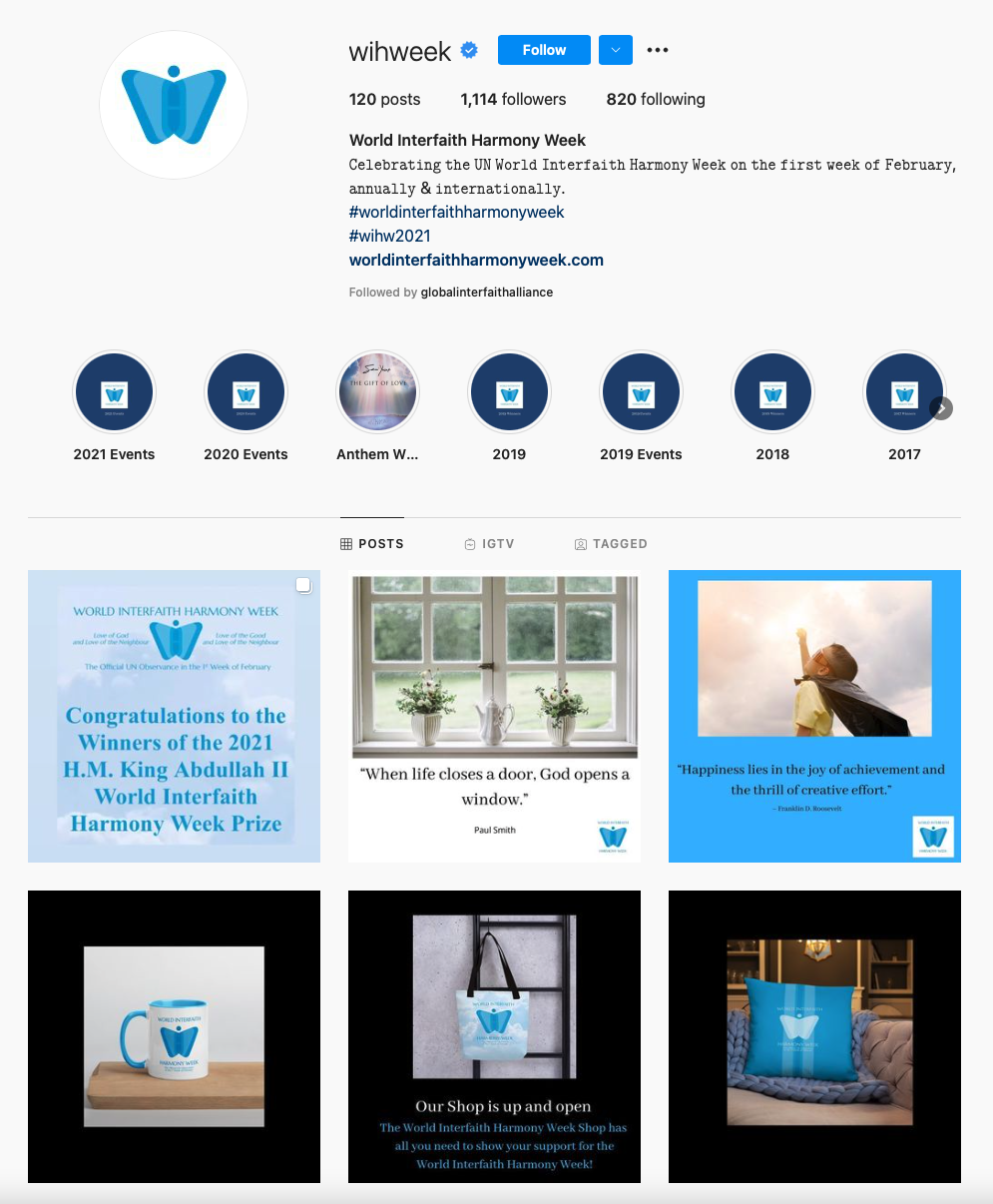
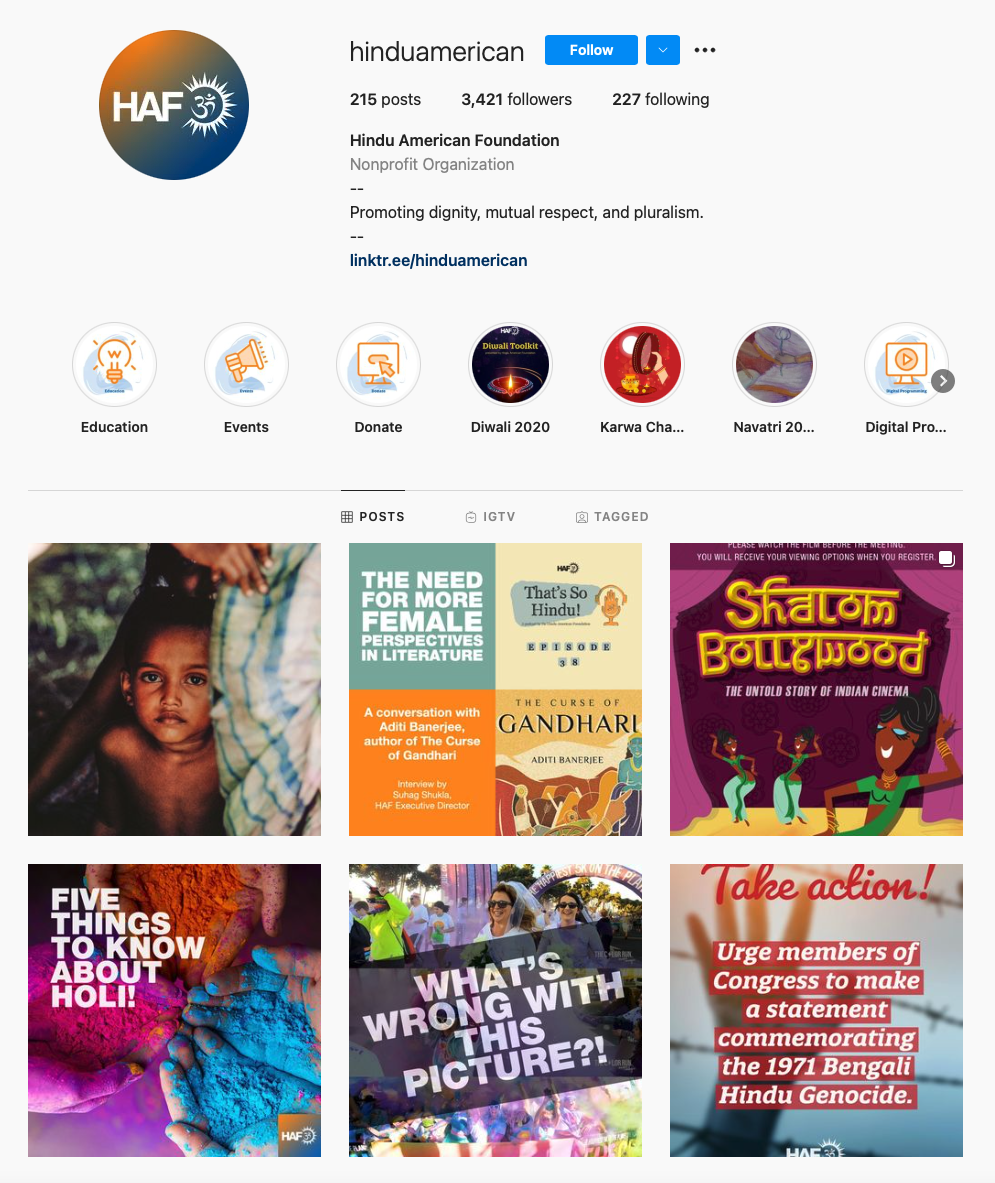
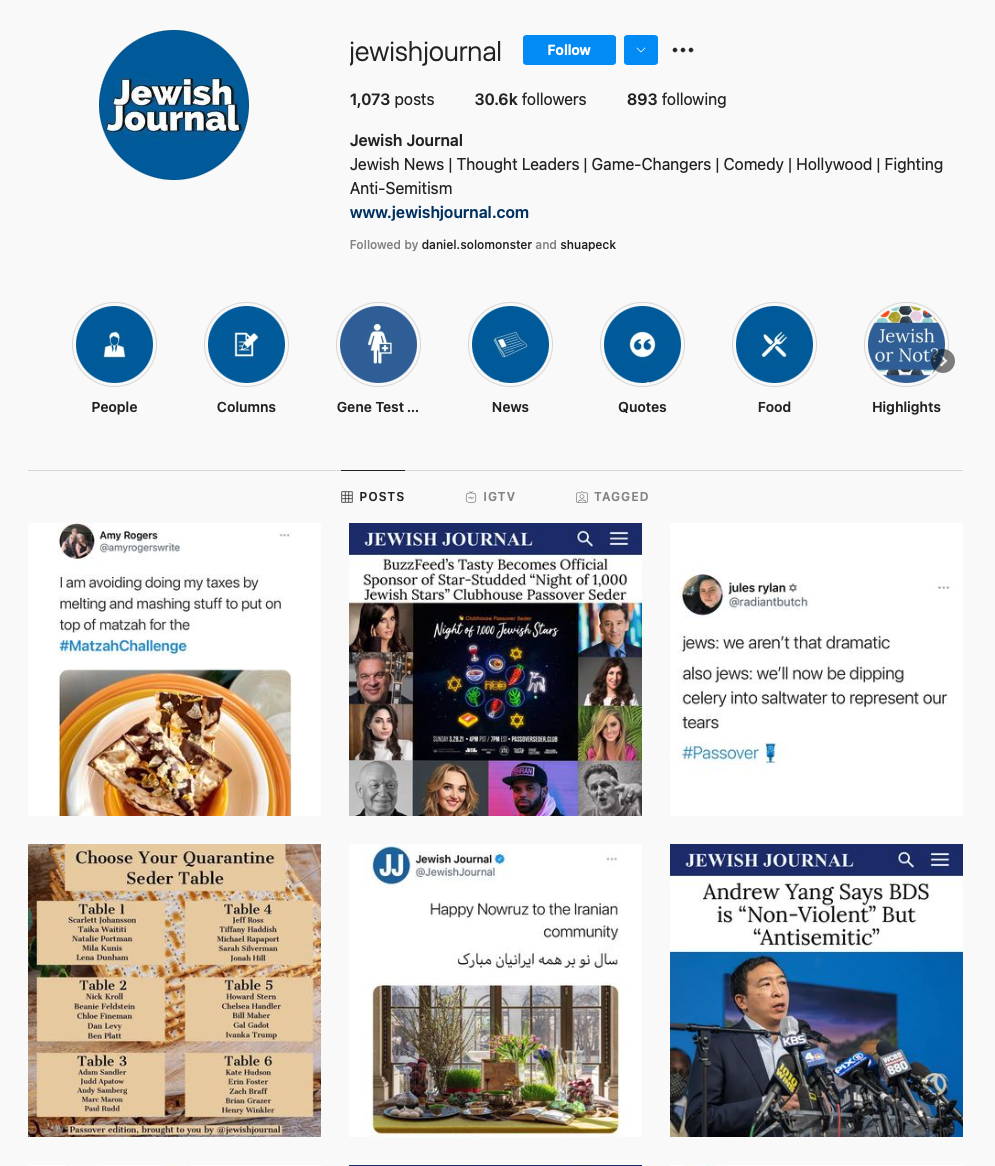
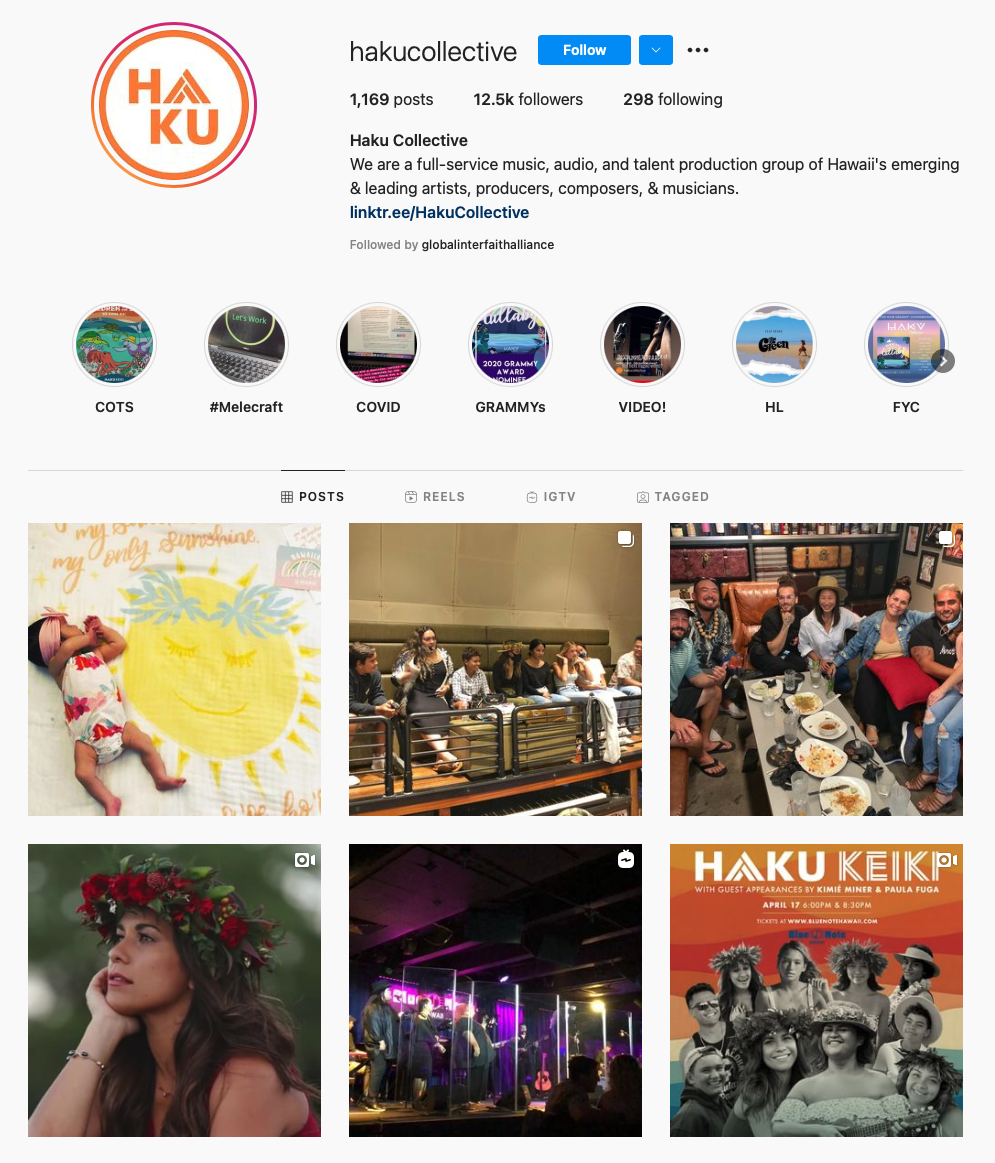
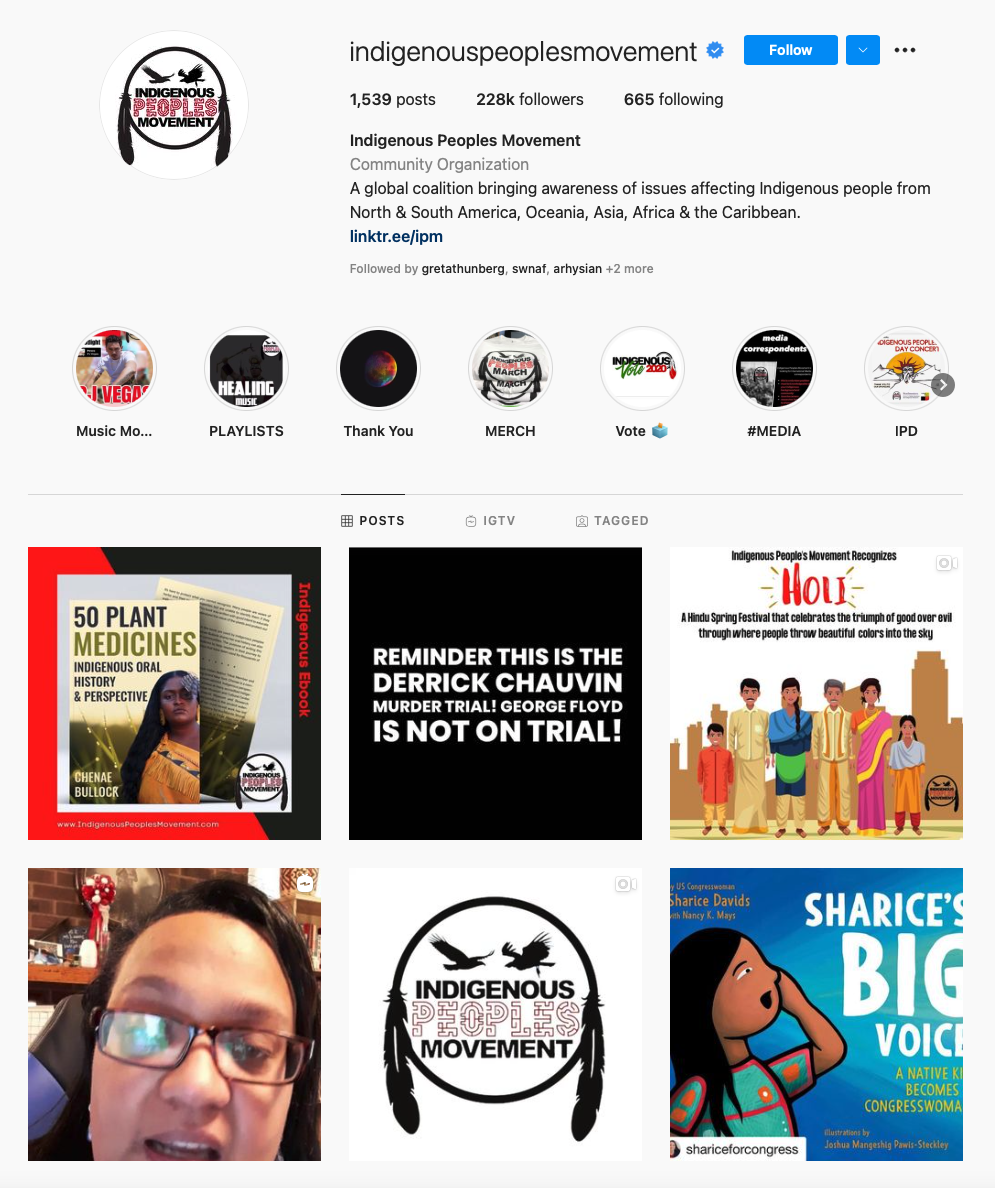
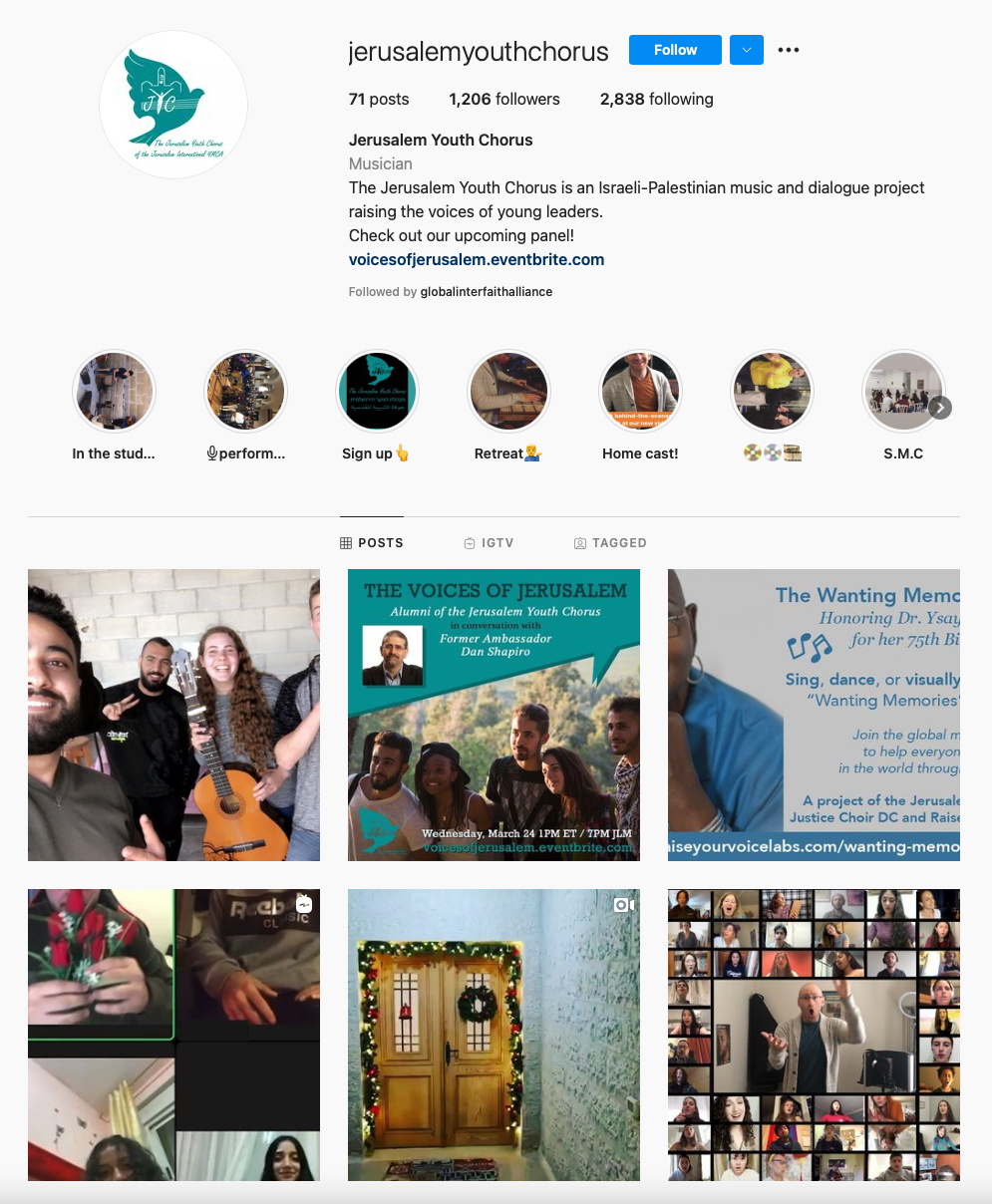
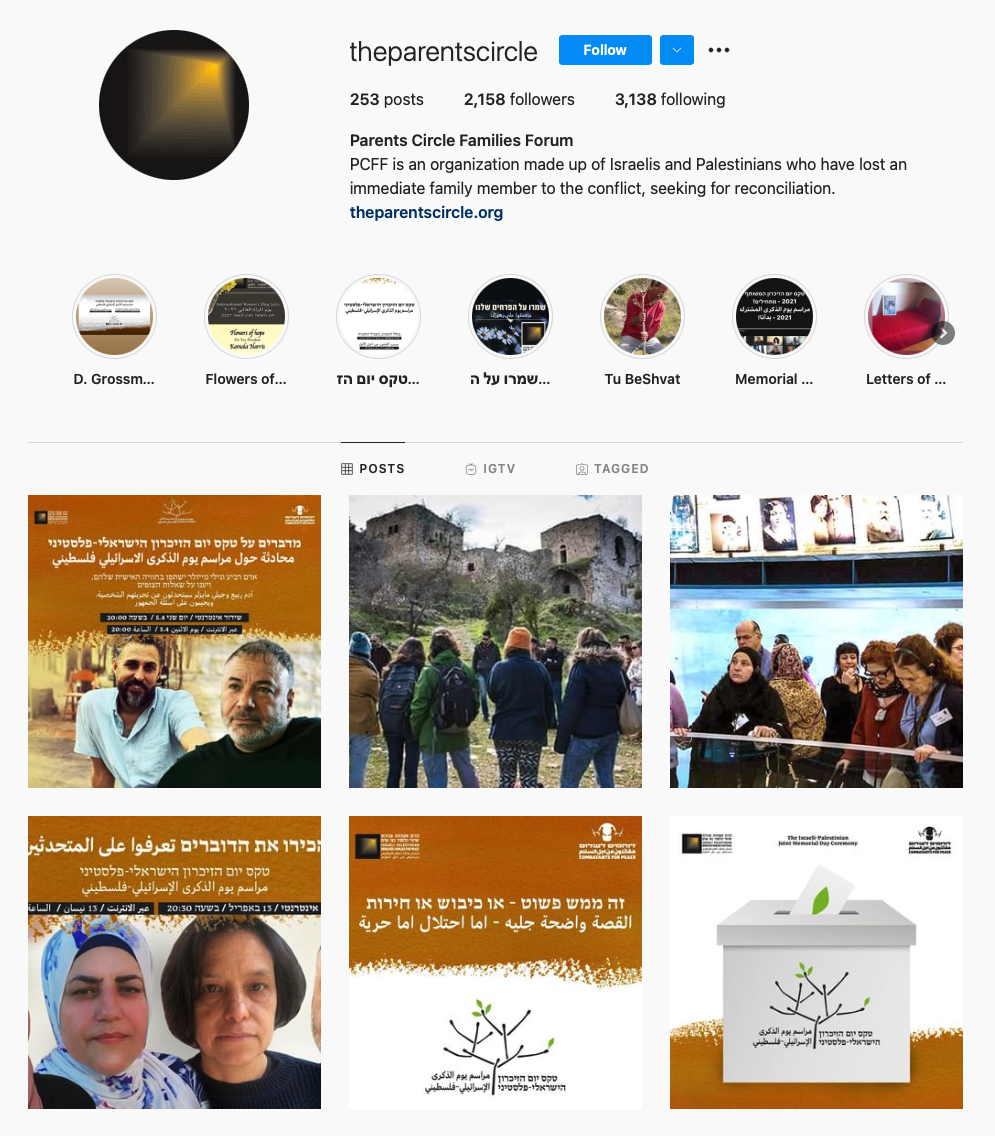
Content to Watch:


